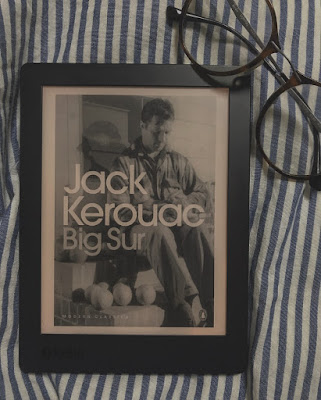Boxing and literature, boxing as literature

Deemed one of the most dangerous and controversial sports, boxing presents a concentrate of life, of violence, that still manages to fascinate us. Faced with the suffering pugilists, the blood gouging, the grunts of pain, we cover our eyes but cannot help but look through the crack between our fingers, waiting for the unbearable jab, the devastating hook. It is thus unsurprising that this strange and paradoxical fascination has also prompted authors to write about this sport. We live in a society where violence is considered to be immoral, primal and almost taboo. It is therefore not shocking to admit that boxing could almost be considered to be taboo, in some way; if we can admit there to be an aesthetic principle to boxing, it is an aesthetic principle, that is, idiosyncratically masculine, and where violence is ritualized. But we could divert our attention for a second from the violence itself. There are many other facets to boxing. If I us



